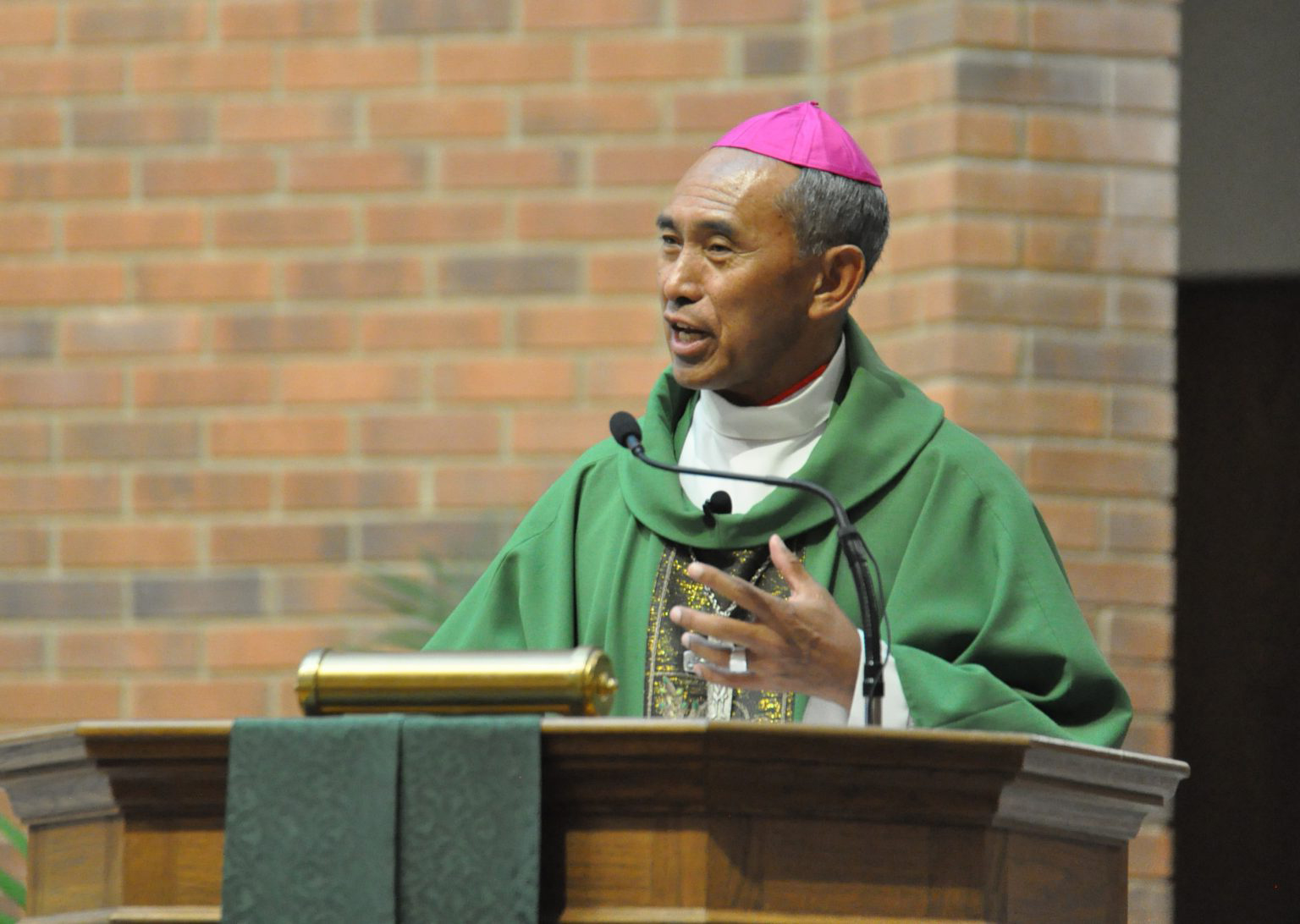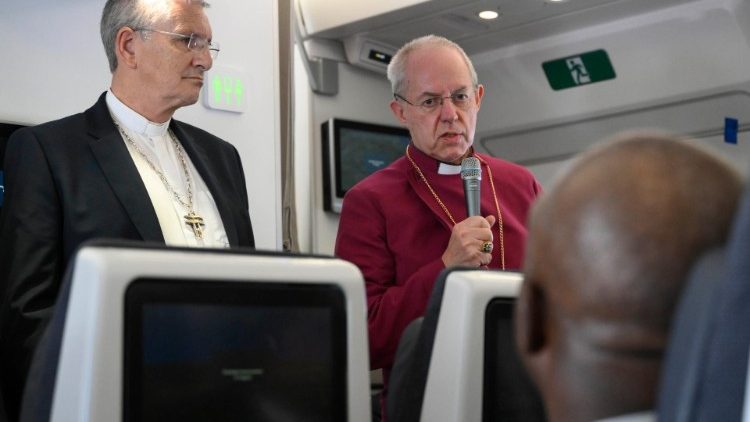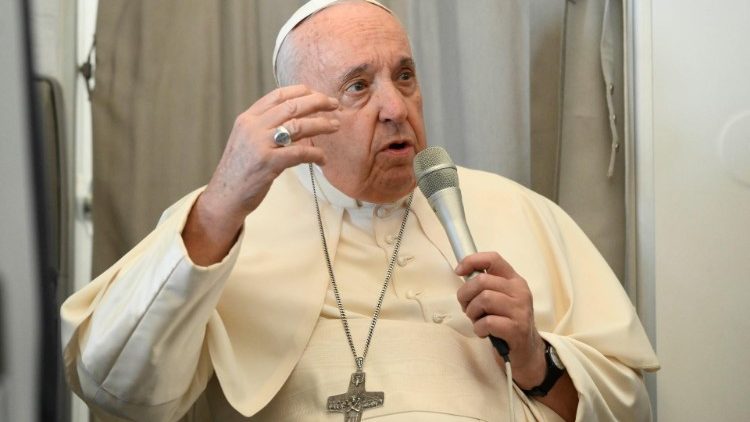In the motu proprio on “provisions on transparency in the management of public finance,” Pope Francis said that, “according to Scripture, fidelity in small things is related to fidelity in important ones.”
Referencing Luke 16:10, he added, “just as being dishonest in matters of little consequence is also related to being dishonest in important matters.”
The pope said that the new law was intended to bring the Holy See and Vatican City State further in line with international best practices on corruption and financial transparency, building off of his May 2020 motu proprio on transparency in the awarding of public contracts.
The new measures were necessary to “prevent and fight, in every sector, conflicts of interest, methods of patronage, and corruption in general,” Francis said.
He added that those who work in or are connected to the Vatican “have a particular responsibility to make concrete the fidelity of which the Gospel speaks, acting according to the principle of transparency and in the absence of any conflict of interest.”
Under the new regulation, the cardinals leading dicasteries or other offices, and senior management and administrators of the Holy See and Vatican City State, whose jobs require handling money, will be required to sign a document every two years attesting that they and their finances are not connected to crime.
In the statement, they must declare that they do not hold shareholdings or interests in companies that operate “with purposes and in sectors contrary to the Social Doctrine of the Church.”
They must also attest that all goods owned by them originate from lawful activities and are not the profit or product of crime. In addition, they must say that they have never been convicted of a crime and are not under any criminal trial or investigation for crimes of corruption, fraud, terrorism, money laundering, tax evasion, trafficking, exploitation of minors, or participation in a criminal organization.
The employee or official must also declare that they do not hold any cash or investments, including shareholdings or interests, in companies and businesses on a list of non-cooperative jurisdictions for tax purposes, or in countries considered at high risk for money laundering or terrorist financing.
The declaration will be held in the Secretariat for the Economy’s employee files and a copy will be kept in the Secretariat of State. The Secretariat for the Economy is authorized to verify the truth of the statements and false declarations will be subject to “a serious disciplinary offense.”
The new regulations must be enforced within 90 days of the law’s publication.









